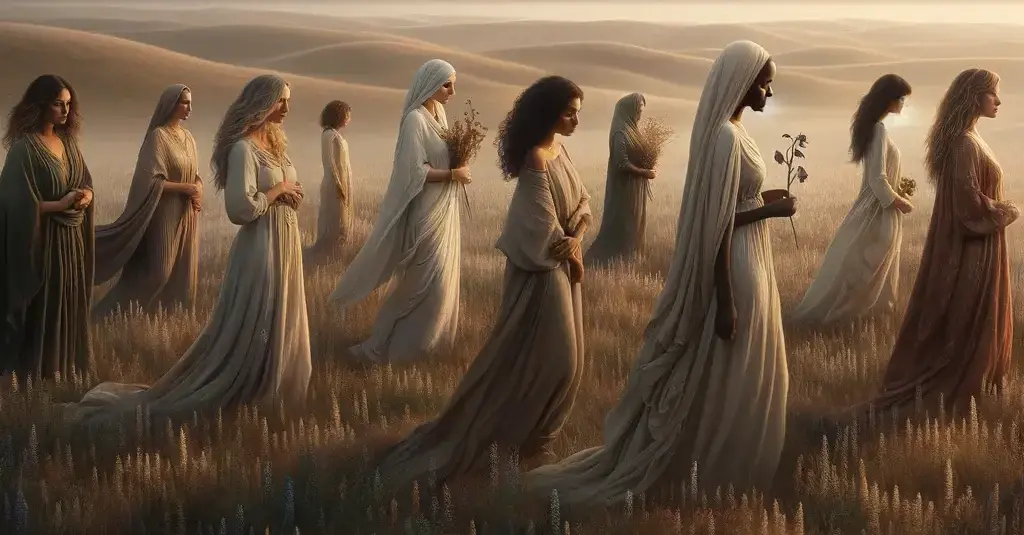Human experience is woven with dark, often overlooked threads that silently unify society. These include the experiences of vilomah—Sanskrit for “against a natural order”—which describes parents who have lost a child. Vilomahs are often silent sufferers, particularly mothers, who endure a permanent and painful burden.
The loss of a child is a grief that defies expression. It is an amputation of the heart, a void that never fills, a wound that time refuses to heal. Society acknowledges this loss, but only in the immediate aftermath. Funerals are held, condolences are offered, and then the world moves on. But for the mother who has lost a part of her very soul, life is irrevocably altered. These mothers, bearing deep invisible scars, are among us.
Whether old or young, they may be teachers, doctors, cleaners, nurses, house wives, (fill in where you have found them) all the while embodying resilience and strength despite their concealed mourning.
Their endurance should not be mistaken for recovery, as losing a child means losing pieces of the future (their future selves as well) that will never materialize. This pain, integrated into their being, underscores the human spirit’s adaptability yet reminds us of life’s fragility and a mother’s profound love.
They are everywhere, these mothers with amputated hearts. By acknowledging their pain, we offer a silent nod of respect to their suffering and to the love that endures beyond death. Let us remember that in their quiet strength lies a profound lesson in humanity – a lesson of enduring love, resilience, and the unspoken bonds that connect us all in the face of unimaginable loss.1
They Are Everywhere.
We Are Everywhere!
Nine months without my son Roger Cardoso
04/19/1989 – 06/10/2024
- This text was crafted with the support of ChatGPT, and the image generated with DALL-E, both AIs developed by OpenAI. ↩︎
